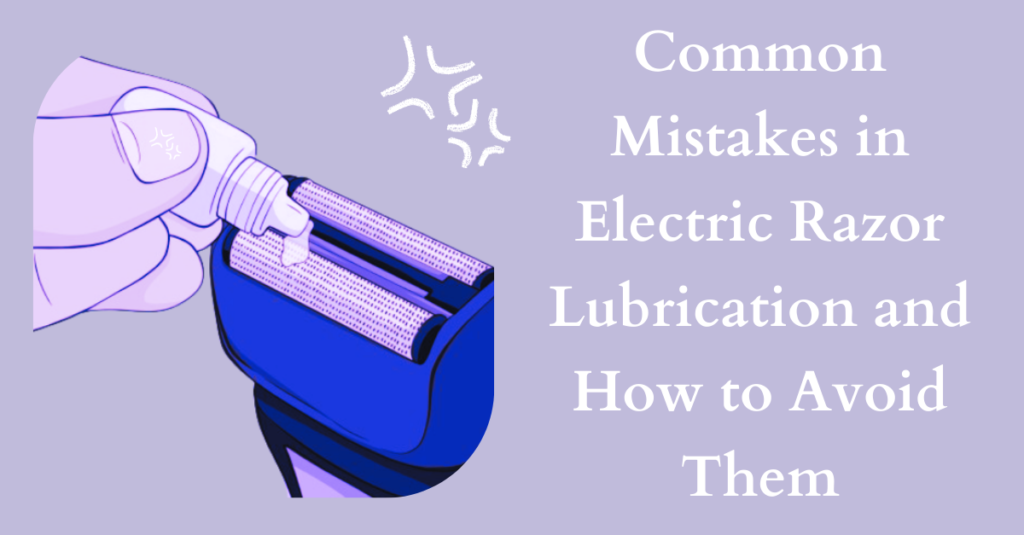New Clothes Straight from the Store? You Won’t Believe Why Experts Insist on Washing First!
Introduction
Are you one of those people who can’t wait to wear their newly purchased clothes straight from the store? It’s a common practice, but here’s something that might make you think twice. Did you know that experts are strongly recommending washing new clothes before wearing them? Yes, you read that right! The clothes you consider clean and ready to be flaunted may not be as pristine as they appear.
In this article, we delve into the surprising reasons why experts insist on washing new clothes first. We’ll uncover the hidden secrets behind the manufacturing and handling processes that may expose your garments to dust, chemicals, and even germs. From potential chemical residues to microscopic organisms, there are various factors to consider when it comes to the cleanliness of new clothes.
Join us as we explore the health and hygiene factors associated with unwashed garments, including the risk of skin irritation, allergies, and the transmission of infections. We’ll also provide practical considerations and guidelines for properly washing your new clothes. Get ready to be enlightened and discover the truth behind those seemingly clean clothes straight from the store!
Understanding the Manufacturing and Handling Process
When you purchase new clothes, it’s easy to assume that they are clean and free of any contaminants. However, the reality is quite different. The journey of a garment from manufacturing to your hands involves several stages where the clothes can come into contact with various substances.
During the manufacturing process, clothes are exposed to chemicals such as dyes, finishes, and fabric treatments. While these chemicals are meant to enhance the appearance and functionality of the garments, some residues may linger even after production. These residues can pose a risk to your skin, especially if you have sensitive skin or are prone to allergies.
Furthermore, the handling of clothes during transportation, storage, and display in stores is another critical aspect to consider. Think about the number of people who touch and try on the clothes before you purchase them. This constant handling increases the likelihood of exposure to dust, dirt, and even germs. Additionally, the clothes may be displayed in areas with poor air quality or exposed to pests like dust mites.
Potential Reasons for Washing New Clothes
Now that we understand the manufacturing and handling processes, let’s explore the potential reasons why experts insist on washing new clothes.
Chemical Residues: As mentioned earlier, new clothes often contain chemical residues from manufacturing processes. These residues can be present in the form of dyes, finishes, flame retardants, or formaldehyde, among others. While the levels of these substances are regulated, it is difficult to guarantee that every garment is entirely free of them. Washing the clothes before wearing helps to reduce the potential exposure to these residues, which may cause skin irritation, allergies, or other adverse reactions.
Allergens and Irritants: Even if there are no noticeable chemical residues, new clothes can still harbor allergens and irritants. Dust, pollen, and other environmental particles can settle on the fabric during storage or while being displayed in stores. If you have allergies or sensitivities, these particles can trigger allergic reactions or skin irritation. Washing the clothes helps to eliminate these potential allergens and ensure a more comfortable wearing experience.
Microscopic Organisms: Believe it or not, new clothes can also be home to microscopic organisms, including dust mites and bacteria. Dust mites, in particular, thrive in warm and humid environments, making your new clothes an ideal habitat. These tiny creatures can cause allergic reactions and exacerbate asthma symptoms. By washing the clothes, you can remove these organisms and reduce the risk of potential health issues.
Transmission of Infections: Another reason to wash new clothes is the possibility of infection transmission. When you try on clothes in the store, you come into contact with various surfaces and fabrics. If an infected person tried on the clothes before you, there is a risk of transferring bacteria or viruses. While the likelihood of infection transmission through clothing is relatively low, it is always better to err on the side of caution, especially in the current global climate.
Health and Hygiene Factors
Maintaining personal hygiene is crucial for overall well-being, and this extends to the clothes we wear. Clean clothes contribute to a healthier environment for your skin and minimize the risk of potential health issues. By washing new clothes before wearing them, you take an important step in ensuring that your garments are free from potential irritants, allergens, and contaminants.
Individuals with sensitive skin or underlying health conditions are particularly vulnerable and may benefit even more from washing new clothes. Conditions such as eczema or contact dermatitis can be triggered by the chemicals, allergens, or irritants present in unwashed garments. By proactively washing new clothes, you can reduce the likelihood of experiencing discomfort or exacerbating existing skin conditions.
Practical Considerations
Now that we understand why it’s important to wash new clothes, let’s explore some practical considerations when it comes to washing them properly.
First, it’s essential to read the garment labels and follow the washing instructions provided by the manufacturer. Different fabrics require specific care, and improper washing can lead to color fading, shrinkage, or damage to the garment. Understanding the fabric type and recommended washing method ensures that your clothes remain in good condition while being thoroughly cleaned.
Consider sorting your new clothes based on color and fabric type before washing. This helps to prevent color bleeding and damage caused by different fabrics rubbing against each other. Using a mild, hypoallergenic detergent is also recommended, especially for individuals with sensitive skin. Avoid using strong fragrances or fabric softeners, as they can also cause skin irritation.
When it comes to drying, check the garment labels for instructions on whether to air dry or tumble dry. Some delicate fabrics may require air drying to avoid damage. If using a dryer, opt for a lower heat setting to prevent shrinkage or distortion of the clothes.
Counterarguments
While the importance of washing new clothes is emphasized by experts, there are counterarguments worth considering. Some argue that the clothes undergo quality control checks during the manufacturing process, making washing unnecessary. Additionally, there may be concerns about the potential inconvenience or damage caused by improper washing methods.
However, it is crucial to prioritize personal hygiene and minimize potential risks associated with unwashed clothes. Following the proper washing guidelines and taking precautionary measures can help address any concerns or counterarguments.
Conclusion
In conclusion, experts insist on washing new clothes before wearing them for valid reasons. The manufacturing and handling processes can introduce various contaminants, including chemical residues, allergens, and microscopic organisms. Washing new clothes ensures that you remove potential irritants, allergens, and reduce the risk of infection transmission. It’s an essential step in maintaining personal hygiene and minimizing potential health issues.
So, the next time you’re tempted to wear those new clothes straight from the store, take a moment to reconsider. Give your garments a proper wash, and you’ll not only ensure a cleaner and more comfortable wearing experience but also prioritize your health and well-being. Don’t let the allure of freshness overshadow the importance of cleanliness when it comes to your new wardrobe.

My name is Rohit Vagh and I’m a content writer specializing in fashion and lifestyle. I have three years of experience in this field and have written various articles. My writing style is creative and engaging, and I strive to create content that resonates with my readers. I have a deep passion for fashion and am constantly researching the latest trends and styles to make sure my readers are up to date. I’m excited to continue my career in blogging, and I’m always looking for new opportunities in the fashion and lifestyle space.





